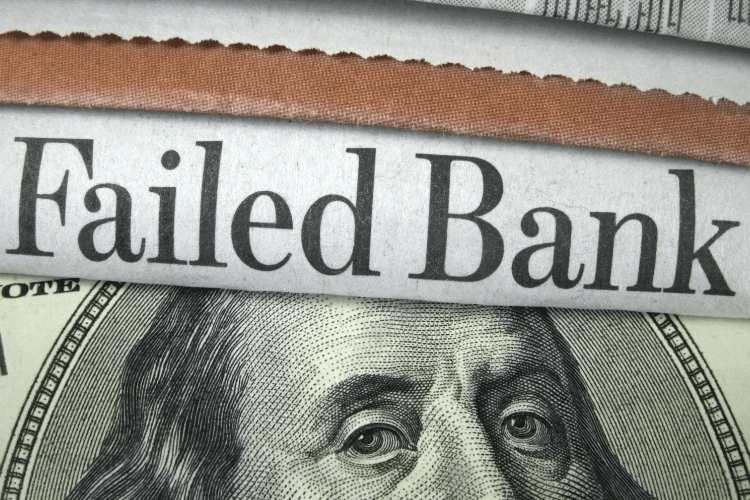5 Ways to Tame Financial Stress

Financial stress is one of the common denominators of human existence; no matter how much we earn, we always wish we had more. This constant state of unfulfilled desire can lead to a lot of stress and tension.
Since doctors say that stress is a risk factor for several cardiac conditions, money worry is the last thing you want. While you can’t keep stress from cropping up in day-to-day life, you can prevent it from crippling you. Here are five ways to do so.
Stress Your Blessings
Many times, circumstances are only as bad as we think they are. Focusing on your blessings is a good way to put your stressors into appropriate perspective. It may sound like a cliché, but it still works.
Psychologists have discovered that the human mind can only focus on one thing a time. This means that you’re either focusing on your financial problems, or you’re focusing on the things you have to be grateful for; and if you find yourself obsessing over the former, you can change your perspective by concentrating on the latter.
And if you could focus on a single thing, wouldn’t you rather focus on the positives? Doing so will make your problems fade into the background, and you’ll have renewed energy to dandle the things that really matter.
Make a Budget
Once you get the concept of focusing on your blessings, you’ll start to notice all the financial opportunities that you actually have. It then becomes about planning, and this is where a budget comes in.
A budget can help you structure your finances, so you always have enough money. To be sure, a budget can’t help you get more money than you already have. However, it can make sure that you maximize what you do have.
When making a budget, you should begin with the most important items: food, essential bills, and other living expenses. When you have these covered, you’ll have much less to be stressed about.
Forget Financial Shame
Having financial obligations is a normal part of living in any economy (even a good one), and those obligations put spending constraints on almost everyone, except possibly the extremely rich. Understanding this can protect you from feeling like you’re failing in your finances. Feeling financial shame is a negative feedback loop that keeps feeding on itself.
First, you feel incapable, and that leads to stress and anxiety. Stress and anxiety can then lead to a reduction in your productivity, which then leads to more stress. Instead, you should accept that financial ups and downs are a part of life and focus your energies on solving them.
Forget FOMO
FOMO is also known as the Fear Of Missing Out, and it refers to the fear that most people have about financial opportunities. One of the most significant ways to be financially free is to invest your money. There are several investment vehicles that anyone can use to steadily grow their money and income. However, you get FOMO when you feel like you have to be a part of every opportunity that comes along because you don’t want to miss anything.
Staying in this perpetual state of worry can further compound the financial problem you’re trying to solve. You need to understand that not every financial opportunity is for you, and that some are better left alone. Doing that will give you the clarity to identify good opportunities that do arise.
Start an Emergency Fund
No matter how much money you have, emergencies can throw you off balance. They always seem to happen in the most inconvenient times and under the most unfavorable circumstances.
The best way to prepare for an emergency is to save up for it. The key to having an emergency fund is to exercise enough discipline to leave the money alone until you actually need it. Besides the obvious benefit of having something to tackle hard times with, an emergency fund can actually give you peace of mind. Knowing that you have a safety net for emergencies is one of the best feelings in the world.
Don’t wait to get out of debt! Read this: A Complete, Step-By-Step Guide to Get Out of Debt.









